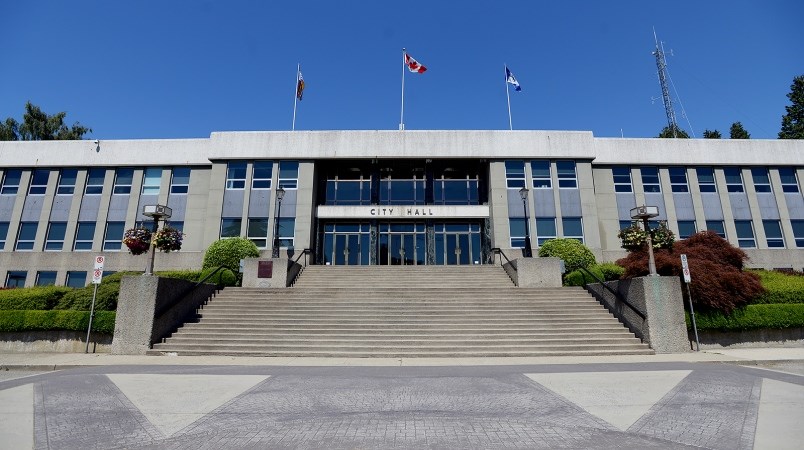New Westminster is kicking off it 2022 budget process with a deep dive workshop with its city committees.
Engagement on the city’s 2021 budget wrapped up about seven months ago, with the input from last year’s community engagement process will serve as the starting point for this year’s budget. Council has endorsed a two-phased public engagement approach related to the 2022 budget: Phase 1, which includes workshops with the city’s advisory committees, task forces and other groups, will take place this spring and summer; and Phase 2, which includes a community-wide check-in survey, will occur in the fall.
“As the draft departmental budgets begin to take shape in fall 2021, staff plans to check in with the community on some of the key aspects form last year’s budget survey, such as the preferred tax rate as it relates to service levels,” said a staff report to council. “This second phase of engagement will focus on the online tools available through the Be Heard New West platform, with a goal of making the community-wide engagement broadly accessible and interaction.”
The 2020 budget process began last September with a Budget 101 webinar. That was followed by a citywide online survey, which had more than 1,000 responses.
Coun. Nadine Nakagawa said she likes the plan being recommended for engagement related to the 2022 budget, but wonders how the city can provide background information to people.
“The work the city does is very diverse and complicated,” she said. “As I was looking at the package, it was clear that there was a deficit in information for people who were providing feedback.”
Jennifer Miller, the city’s manager of engagement, said the city works to provide community members with background information that helps them participate in an informed way, such as by including information or charts in budget surveys. She noted the 2021 budget survey was launched after community members were able to view a Budget 101 webinar.
“People want to provide their input, but often their time is very limited or very precious and they are maybe not willing to spend a lot of time, or able to spend a lot of time, reading or watching that background information,” she said. “We can certainly work to do that again in terms of providing that framing information before questions, and also give people an opportunity to ask questions.”
Miller said the Be Heard platform is a place where people can submit their questions, and the city can respond and make those responses available for other community members to read. While the city can try and do different things in an effort to share more information with community members, she said the budget “covers everything we do as a city” so it involves a tremendous amount of information.
“It’s a challenge but we can try certainly sharing information in different ways as we move through this process,” she said.
As part of Phase 1 of the consultation, Miller said the plan is to have staff do “mini workshops” about the budget with committees.
“We would really be starting with the key findings from last year’s budget engagement and saying: Here’s what we heard from the community last year. What’s changed? What’s changed for you? What do you think has changed for the community in that interim time? Starting the conversation there,” she said. “I had some ideas around a follow-up question, like: What is important for you, for council and for staff to keep in mind as we prepare the next year’s budget.”
Lisa Spitale, the city’s chief administrative officer, said the city’s COVID task forces have been included in the process because they’ve been engaged with different groups in the past year, and staff hope to embed some of that information into the budget process.
Coun. Chinu Das said she likes the idea of starting with “the deeper diver” with community groups, as she thinks different communities, such as the seniors advisory committee and the multicultural advisory committee, will provide feedback from their own lens.
“I am happy to see us sort of diving back into this,” said Coun. Mary Trentadue. “I think it is really significant that we have so much to build upon. I think that each year we will get better and better at this, and I think the community will also get more used to providing their feedback. I think that the better job we do each time, the more we can engage people in this work.”
Like Nakagawa, Trentadue said she’d like the city to try and provide community members with as much information as possible.
“I think it’s sort of our responsibility to provide as much information, so that what we get back from people is qualified and they have a good chance to understand the work they are doing,” she said.
Trentadue said the city has to try and prevent public engagement burnout.
“Like us, many people will go, ‘What? I just did this budget survey’, not realizing that the time has gone by quickly and here we are again,” she said. “So figuring out how do we manage burnout, how do we not have people just delete the email because they don’t want to do it again, or how do we have it look different. I don’t know what that is, but just to be really thoughtful about how we don’t burn out the community in this type of engagement.”
Follow Theresa McManus on Twitter @TheresaMcManus
Email [email protected]



